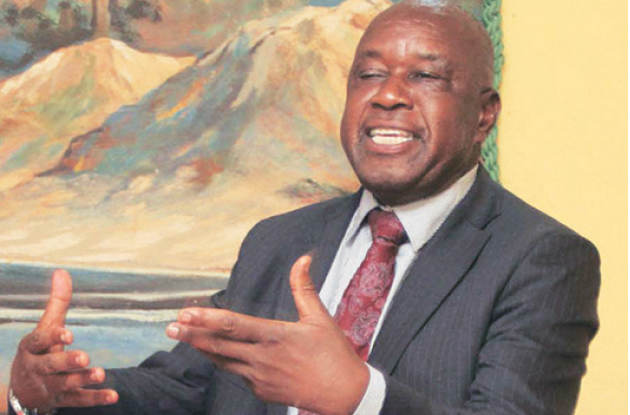EDITORIAL COMMENT: Beware of exploitation in foreign lands

The prevailing economic hardships are forcing a good number of Zimbabweans to look abroad for a better life but some end up worse off than they were at home.
The unfortunate story of some 200 local women who are marooned in Kuwait – deprived of freedom, human dignity and the money they moved abroad for – is instructive.
Since 2000, hundreds of thousands of locals emigrated to Britain, America, Canada, Australia, South Africa, Namibia and Botswana as the economy started to struggle. In recent years however, Britain, America, Canada and Australia have instituted controls to limit arrivals. In addition, they are deporting many who fail to meet the criteria for continued residence in those countries.
But Zimbabweans will always find an alternative plan – we see many of us actively seeking jobs in the oil-rich Gulf region. Bahrain, United Arab Emirates, Kuwait and Qatar have become choice destinations for skilled and unskilled personnel alike. It is inhospitably hot in the Arabian Desert – up to 48 degrees Celsius in summer at low elevation – but Zimbabweans are attracted by the promise of many job opportunities and high salaries.
It doesn’t always end well for some. We have carried stories lately of the 200 Zimbabwean women who responded to advertisements of jobs and good salaries in Kuwait that have left them exposed to sexual exploitation, extremely harsh working conditions under which the promised hefty salaries don’t come, food is scarce and the average working day is 20 hours.
Seven locals who served as recruitment agents for their Kuwaiti lords have been arrested and are out on bail. A Kuwaiti embassy official, suspected to be part of the syndicate, was also taken in for questioning.
Human trafficking is a global challenge that our people must be always wary of.
Article 3, paragraph (a) of the Protocol to Prevent, Suppress and Punish Trafficking in Persons defines human trafficking as the “recruitment, transportation, transfer, harbouring or receipt of persons, by means of the threat or use of force or other forms of coercion, of abduction, of fraud, of deception, of the abuse of power or of a position of vulnerability or of the giving or receiving of payments or benefits to achieve the consent of a person having control over another person, for the purpose of exploitation.
Exploitation shall include, at a minimum, the exploitation of the prostitution of others or other forms of sexual exploitation, forced labour or services, slavery or practices similar to slavery, servitude or the removal of organs.”
The UN Global Initiative to Fight Human Trafficking estimates that 2,5 million people are in forced labour (including sexual exploitation) at any given time as a result of trafficking. The bulk of the victims, 1,4 million or 56 percent are in Asia and the Pacific, 250,000 or 10 percent are in Latin America and the Caribbean and 230,000 or 9,2 percent – are in the Middle East and Northern Africa.
Five percent or 130,000 are in sub-Saharan countries while 270,000 or 10,8 percent are in industrialised countries.
The majority of trafficked victims are aged between 18 and 24 years and the larger proportion of them are women and girls.
Our people should be aware that their pursuit for a better life must always be conducted in the most circumspect manner lest it ends in pain and tears, like our 200 compatriots who are in bondage in Kuwait, and possibly other countries not only in the Persian Gulf but elsewhere.
They need to prepare themselves extremely well before starting the journey abroad. They have to have their credentials – that is passports and academic and professional qualifications – in order and avoid as much as possible working through third parties. Know that any prospective employer who promises you a job and commits to facilitating your migration even when you don’t have a passport is a con artist. If he or she manages to spirit you out, you are beholden to them and this is the kind of vulnerability that leads to your sexual exploitation or slavery.
Conversely, if you have proper educational qualifications your chances of securing a decent job that pays well are higher than one who emigrates armed only with a passport and an Ordinary Level certificate or some other inferior papers.
If your migration is sponsored, we advise that you spend much of your time conducting background checks on whoever is sponsoring you for even traffickers will sound and look real and sophisticated when they approach you.
Make sure you get in touch with the embassy of your destination country in Harare or Zimbabwe’s embassy in that country. Doing so limits your chances of flying into misery.









Comments